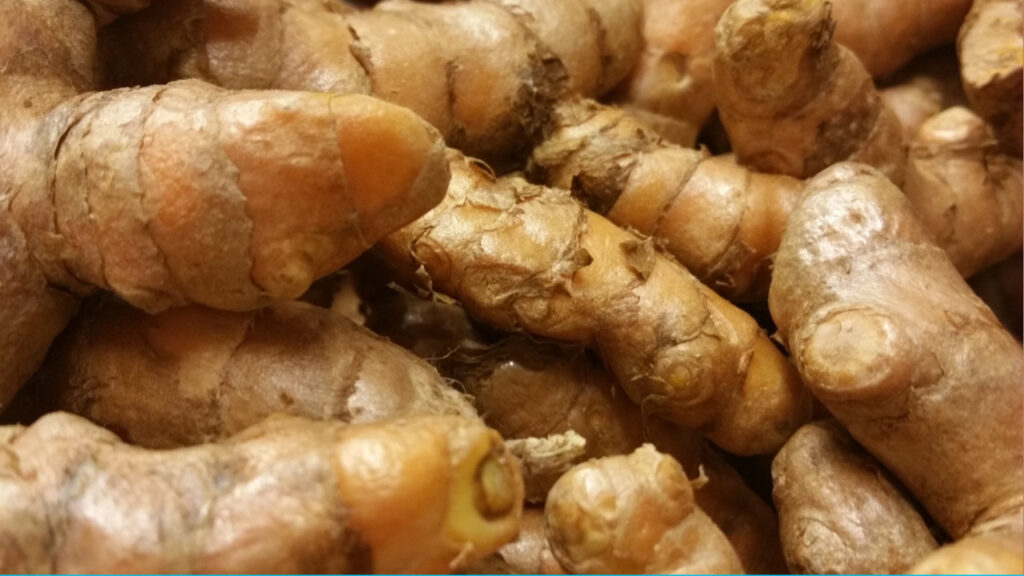Is Turmeric a superfood for pets?

Turmeric is arguably the latest herb fad and it has been around and used for its medicinal properties for thousands of years. It’s well known for it’s golden yellow colour and it’s great as a spice in cooking, but the proposed medicinal benefits of this herb are really gaining traction. There’s even a Facebook page (Turmeric Users Group) dedicated to it’s use in humans and animals alike with over 200,000 members. It’s been given to many cats, dogs and other species all around the globe.
The bioactive ingredient of turmeric that is responsible for it’s benefits is called curcumin, and it makes up somewhere from 2-5% of whole ground turmeric. Curcumin has also been manufactured into capsules in which it is concentrated, up to 95% of the capsule.
Proposed Benefits
- Anti-inflammatory
- Anti-oxidant
- Anti-cancer
- Anti- coagulant
- Liver protective.
Potential uses:
- Itchy skin (allergic skin conditions)
- Arthritis
- Gut inflammation
- Some cancers (prevention and treatment).
Potential problems:
- Gut issues: some humans report gut pain with medicinal amounts of turmeric and the same seems to happen to some animals, especially when given large amounts or too high a concentration of curcumin (like the 95% capsules).
- Poorly absorbed by the body: especially when given on it’s own – what seems to be clear, is that the way this is traditionally used is also the way that it’s most active in the body. Turmeric is often mixed with pepper and fat when it is served, and doing this seems to make the active components in the whole herb more easily absorbed.
- Poor source of Turmeric: presence of nasty additives or pesticides that may not be safe taken in medicinal quantities – best way to combat this is buy certified organic turmeric powder, and do check it’s certified organic, due to lack of regulations anything can say it’s organic when it’s simply not.
- Possible interaction with some medications your pet is on, such as blood thinners due to it’s also blood thinning properties.
- Using with pepper: fresh ground black pepper is said to enhance the effect of turmeric by maintaining turmeric blood levels through slowing the elimination of it by the liver. Large amounts of pepper can cause an upset tummy and nausea and not surprisingly, your pet to be very ‘anti’ the supplement; but the small amounts used are usually ok.
How do you give it?
As above, when using turmeric you need to make sure you get a good certified organic source of the powder with the usual 2-5% presence of its active compound curcumin, and follow a known and proven recipe. An example is the Golden Paste formulated by an Aussie Veterinarian named Doug English on www.turmericlife.com.au, it is made with small amounts freshly ground black pepper and a small amount of a healthy oil such as coconut oil (obviously too much of this isn’t good either!). The website also has a dosage guide for both cats and dogs.
Note that there is no universal best way to give turmeric, or recommendation for its dosage, as recommendations are anecdotal and not evidence based. Starting small, and slowly increasing is the way to go, but you would need to see how your individual pet coped with the addition of it to their diet.
Stay away from the formulated capsules very high in curcumen which could cause some gut trouble for your mate.
Should all pets be given turmeric?
Whilst I don’t believe turmeric is a cure all, I do think there’s enough evidence for me to be comfortable to try it for myself and my dog (as an addition to our regular balanced diets) as well as recommend it to some clients. It may be a complementary support for some conditions.
Always seek veterinary advice for your individual pet before starting them on any supplement. Underlying causes for some conditions, such as itchy dogs having flea, food or environmental allergies need to be identified and treated as well to give your pet the best outcome. Consulting a veterinarian is recommended to take into account any other medications your pet may be prescribed and any other conditions that turmeric may not be advisable for.
You can chat to one of our Aussie vets 24/7 by clicking HERE